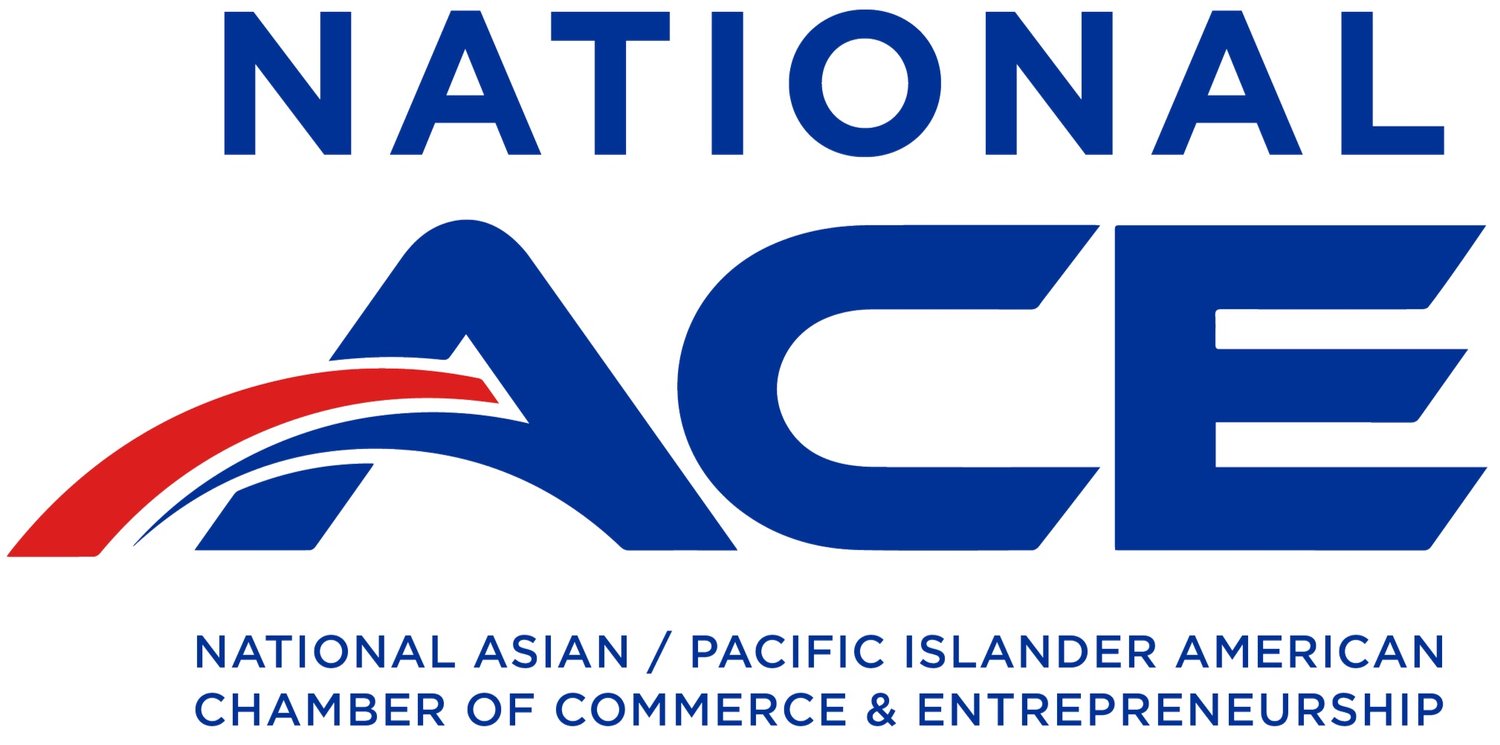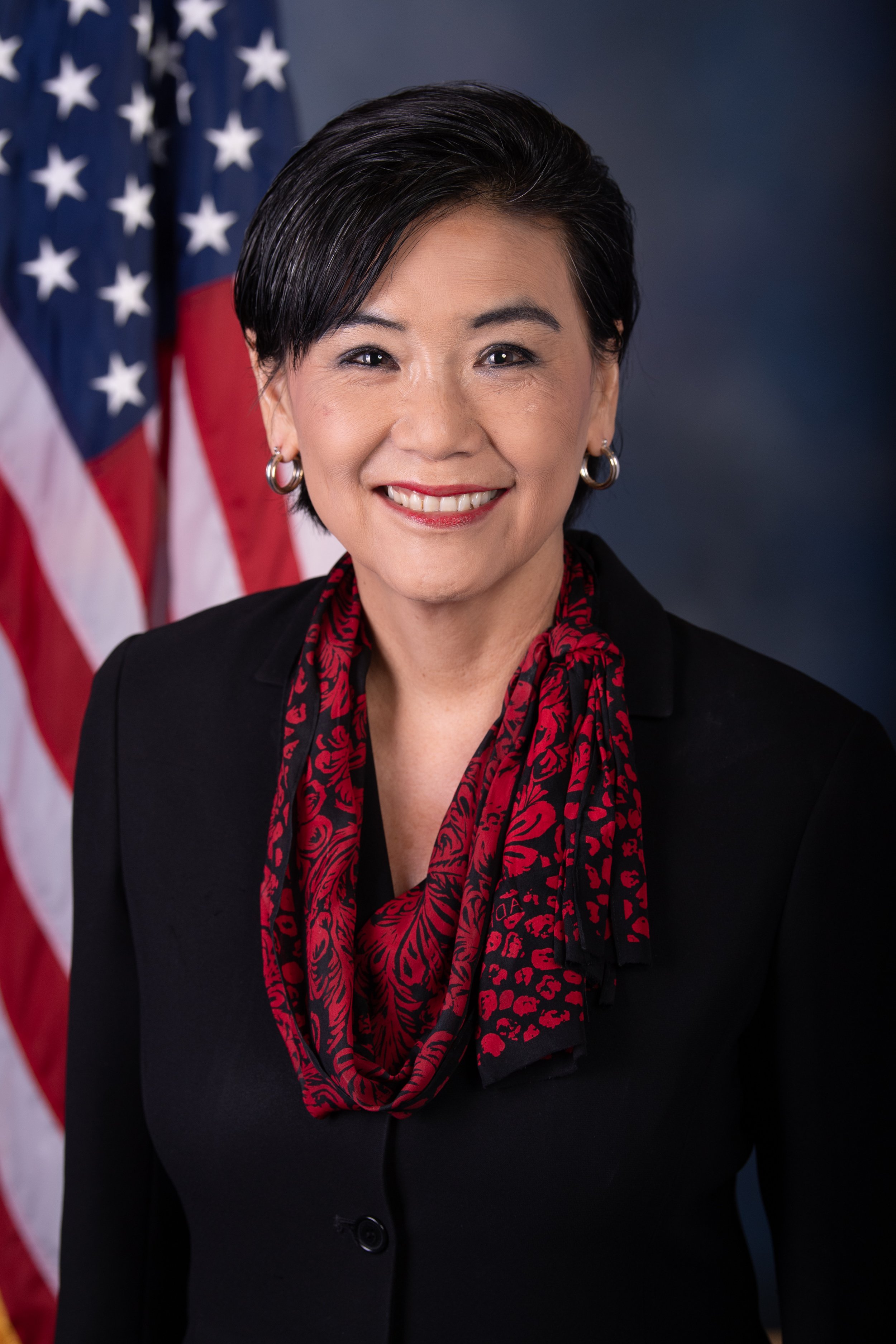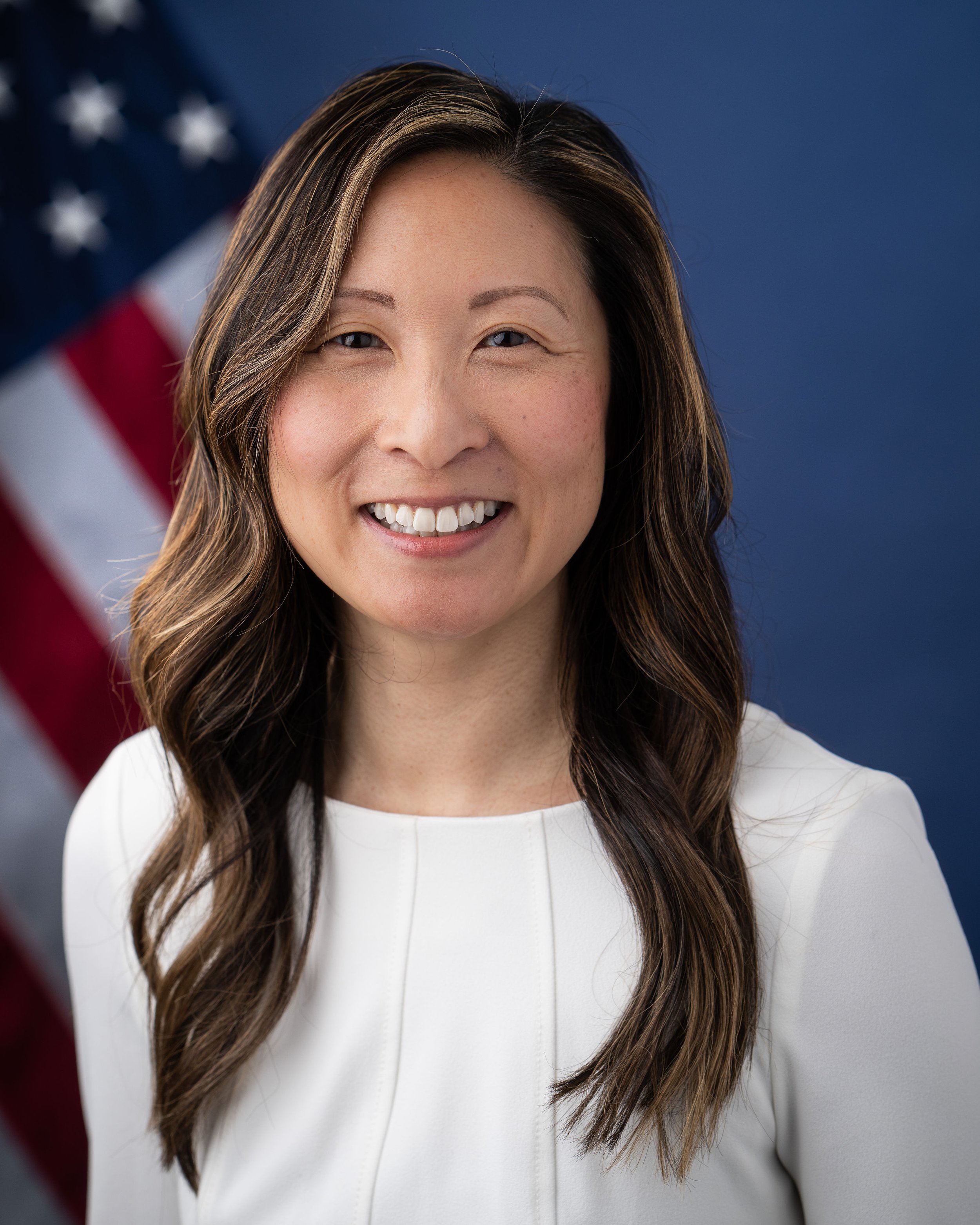U.S. Department of Commerce
Minority Business Development Agency
1401 Constitution Avenue Northwest
Washington, DC 20230
2024 NATIONAL AANHPI BUSINESS SUMMIT
LEADING THE FUTURE: Navigating Access to Capital, AI, and Contracting
The U.S. Department of Commerce, Minority Business Development Agency (MBDA) is celebrating Asian American, Native Hawaiian, and Pacific Islander (AANHPI) Heritage Month by hosting the 2024 National AANHPI Business Summit on Wednesday, May 15, 2024, from 12:00pm to 6:00pm ET in Washington D.C. with National ACE. This business summit will commemorate the contributions and achievements of the AANHPI business community. The summit will feature elected officials, dignitaries, and corporate representatives who will discuss access to capital, opportunities in artificial intelligence (AI), and navigating the contracting process.
Agenda
12:00pm Registration
1:00pm Opening Remarks
1:25pm Panel I: Understanding AI and its Business Applications
2:00pm Panel II: Mastering Public and Private Sector Contracting
2:45pm Panel III: Attracting the Right Capital for Your Business
3:20pm Closing
4:00pm Reception
Speakers
Panel Descriptions
Panel I: Understanding AI and its Business Applications
From ChatGPT to Chatbots and everything in between, artificial intelligence (AI) is propelling advancements in machine learning, automation, and natural language processing that can impact many areas of business operations, including accounting, decision-making, and even social media management. AI is disrupting traditional business models and is poised to drive a new wave of innovation and evolution across all industries. In 2023, President Biden issued a landmark Executive Order to ensure that America leads the way in seizing the promise and managing the risks of artificial intelligence. In this session, we will explore a spectrum of AI solutions designed to elevate your business by automating repetitive tasks, providing predictive insights, enabling personalized customer experiences, optimizing supply chain management, improving risk assessment, and much more. We will also learn how to avoid pitfalls associated with these new technologies.
Panel II: Mastering Public and Private Sector Contracting
Whether you want to do business with an international food retailer or the federal government of the United States, there are a myriad of complexities involved in managing the contract life cycle. This session will explore the key stages of contracting including request and intake; creation and authoring; review and collaboration; negotiations and approvals; signing and finalization; tracking and compliance; reporting and auditing; along with amendments, addendums, renewals, and termination of contracts. The Biden-Harris administration has worked to reform the federal procurement process to help meet the President’s ambitious target of increasing the share of federal contracts to small, disadvantaged businesses (SDBs) by 50 percent by 2025 and many leading organizations have followed President Biden’s leadership in their own procurement practices. Learn more about how to maximize these opportunities from experts in both the public and private sectors.
Panel III: Attracting the Right Capital for Your Business
Cash is King, but attracting capital can be challenging, often requiring entrepreneurs to demonstrate a clear value proposition, develop a compelling business plan, build relationships with potential investors or lenders, have a good credit rating, and continuously adapt to market conditions, all in a highly competitive landscape. The Biden-Harris administration is committed to ensuring that small businesses have access to the capital, technical assistance, and support they need to thrive. They are doing this by funding programs like the Minority Business Development Agency’s $100 million Capital Readiness Program (CRP) to help minority and other underserved entrepreneurs to access capital, build ecosystems of entrepreneurship, and create new jobs and economic opportunity. During this session, participants will learn how to better identify, align, and leverage both traditional and alternative funding sources from banks, venture capitalists, and private equity firms to government grants, accelerators, and crowdfunding platforms.


























